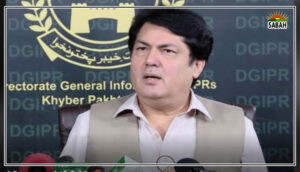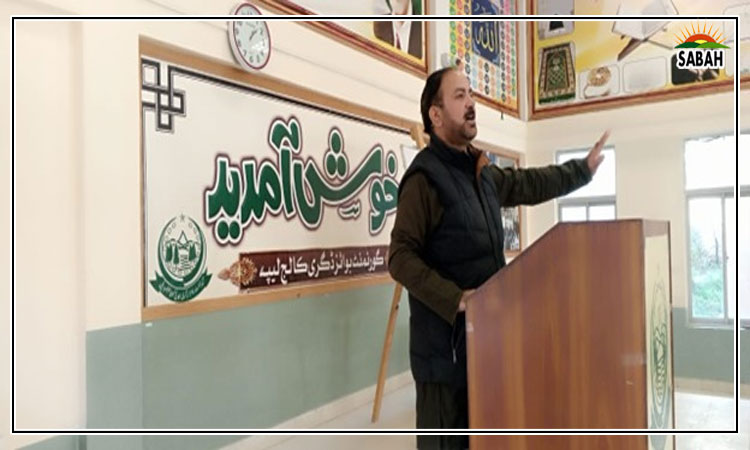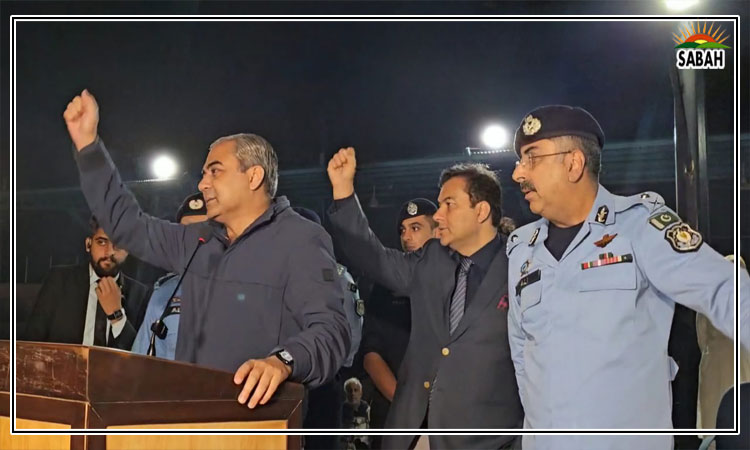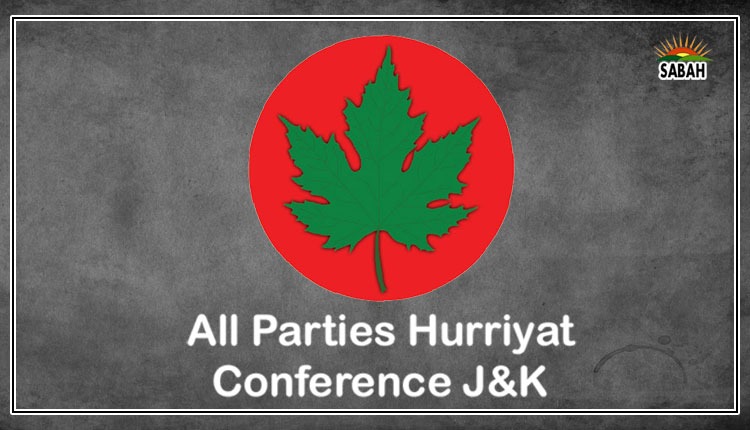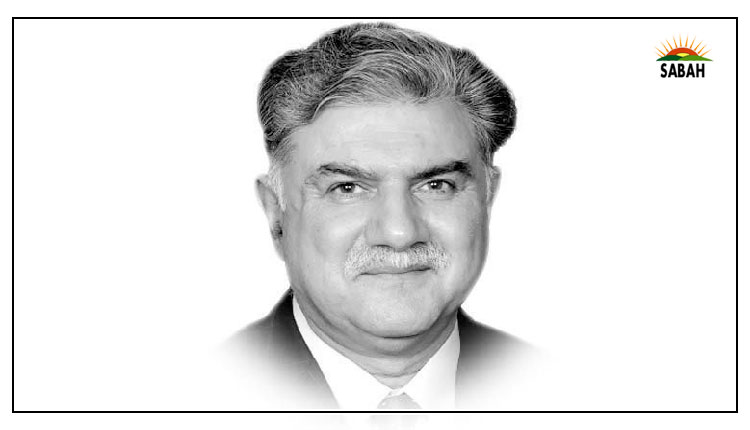In search of rationality in Afghan bitterness towards Pakistan…Inam Ul Haque
It was only when some friends interceded on behalf of its Pakistani representative that I accepted to speak on Pakistan-Afghan relations only, in a talk show on a UK-based Afghan Pashto TV channel. The local Pakistani representative was a Pashtun lad from Balochistan; and when due to some unforeseen engagement, I suggested rescheduling, he pleaded that his credibility depended on my participation. I relented.
The contemporary scene is filled with mushrooming TV channels, some on air and most internet-based, in search of experts and analysts. The formula is simple. Pitch participants holding opposing views (and some relevance to the topic) on an issue asking perfunctory questions that generally need detailed answers. The anchorperson, as was the case in this show, is generally a well-heeled fast-talking lady with superficial knowledge, and the ability to generate debate when none is needed. Oratory skills usually surpass mannerism and cutting mid-sentence to drive the channels agenda is common. More often than not, such exchanges among participants transcend into accusations, barbs, brawls and even fistfights.
During occasional TV appearances, I avoid discussing domestic politics and restrict myself to regional affairs and international relations. This was made amply clear to the Pakistani representative, who assured me that it is an analytical programme with none of the cited nuisances. When it started, I found the anchor and others were keen to discuss Pakistans post-election political situation. When I politely asked myself to be excused and asked to leave, she asked me meaningful questions about Pak-Afghan relations, where again the discussion could be steered towards our domestic situation. The tone and tenor of the channel taglines, documentary clips and its Afghan participants was hostile and anti-Pakistan, like the norm these days. My purpose was to highlight the positive imperatives of Pak-Afghan relations, its indispensability for both countries and the way forward. However, instead, I found it comical, Afghans discussing Pakistans political problems.
There is a discerned sense of victimhood even among educated Afghans, where they ascribe all their problems to Pakistan, particularly to its Punjabi Miltablishment. This cannot be far from truth, and in numerous seminars, webinars, and roundtables that I attend, one finds most Afghans without a true sense of history and reality. The following is an attempt to sift wheat from chafe.
First, beginning with Afghan claims of greater Pashtunistan, redundancy of Durand Line and area claims upto Indus, if not the Mughal era borders of the Kingdom. History substantiates that Durand Line Agreement was signed by Sir Henry Mortimer Durand (1850-1924) representing the then British India and Amir Abdurrahman (ruled 1880-1901), the Iron Amir on 12 November 1893 and ratified by a gathering of some 400 Afghan nobles in a Durbar the very next day. The demarcation of border between British India and Afghanistan was done at the behest of Afghanistan, after the Amir had delineated Afghan frontiers with Czarist Russia earlier.
The party of Sir Durand was received warmly at Landi Khana (near Landi Kotal) by none other than Ghulam Haidar Charkhi, the Afghan Army Commander-in-Chief in October 1893. In Kabul, the British party was given a 21-gun salute with the band playing God save the Queen. The Amir used to receive annual subsidy of Rs12 lakh from the British government. He accepted the then Kafiristan (now Nuristan) and Wakhan Corridor, as the British did not want to share border with Czarist Russia, in exchange for Rs6 lakh (some claim Rs1.8 million), additional to his subsidy. The Amir wanted domestic political gains too, as he intended to convert kafirs. He took upon himself to advocate Durand Line with 17 tribes divided by it, appeasing most by offering easement rights (rahdari), that allowed cross-border movement. British India and its successor state Pakistan honoured this arrangement.
So, the oft-repeated Afghan claim that Durand Line was thrust upon the Iron Amir is a figment of imagination. The fact that almost the entire civilised world led by the US treated it as an international border throughout Afghanistans occupation until 2021 makes Durand Line an unalterable reality. Fence and the odd issue with demarcation are altogether different and resolvable matters. So, the bogey of Pashtunistan is dead forever. Further details are contained in my piece Afghanistan and the Durand Line published in this space on 6 January 2022.
Second, the misnomer of Afghanistan being Pakistans strategic depth. A neutral, if not overtly friendly, Afghanistan is in Pakistans strategic interest for the market and trade potential of Central Asia through Afghan territory; Afghanistan being an energy corridor; to avoid the two-front war militarily; due to the co-joined geographic proximity of KP and Balochistan with Afghanistan; because of the cultural, ethnic and religious affinity buttressed by shared history, etc. In reality, 25 million Pashtuns living in the relative prosperity of the noisy democracy in Pakistan have provided and continue to provide strategic depth to the 11 million Pashtuns under Kabul. Not intending to rub favours in face, but without a second home in Peshawar and Quetta and the attendant logistics, the present political dispensation would have been dispatched to history by the powerful forces that had occupied Afghanistan recently. All this, plus the common Afghan citizenrys reliance on Pakistani schools and hospitals for girls education, the top-class Medicare; and innumerable other benefits including learning and playing cricket, are more advantageous to Afghanistan than Pakistanthat still reels under TTP-generated terrorism, from safe havens in eastern Afghanistan. Transit trade-based smuggling and other benefits from staying in Pakistan, have profited Afghans more in return for Kalashnikov Culture to Pakistan.
So, isnt Pakistan providing strategic depth to Afghanistan, rather than the other way round? Hasnt Afghanistans survival under foreign occupation, consequential to Pakistans Punjabi Miltablishments ostensible double game? Yes, for all that Pakistan has done, any nation would expect a peace (call it strategic) dividend.
Third, influenced by spending too much screentime, one show participant speculated based on some social media influencer iterations about Pakistan splintering. Ludicrous. With weaker democratic tradition in Asia mostly and arising from the loud and noisy nature of Pakistani democracy, such claims are preposterous. If SM-influencers could make or break countries, the world will only have banana republics. Pakistan has a weight, a say, and a clout irrespective of its many failings and missteps. Its long-term policy vision for the region is, thankfully, formulated and pursued by its seasoned corps of civilian, military and academic stakeholders, under parliamentary oversight just like in other countries.
We continue next week
Courtesy The Express Tribune


